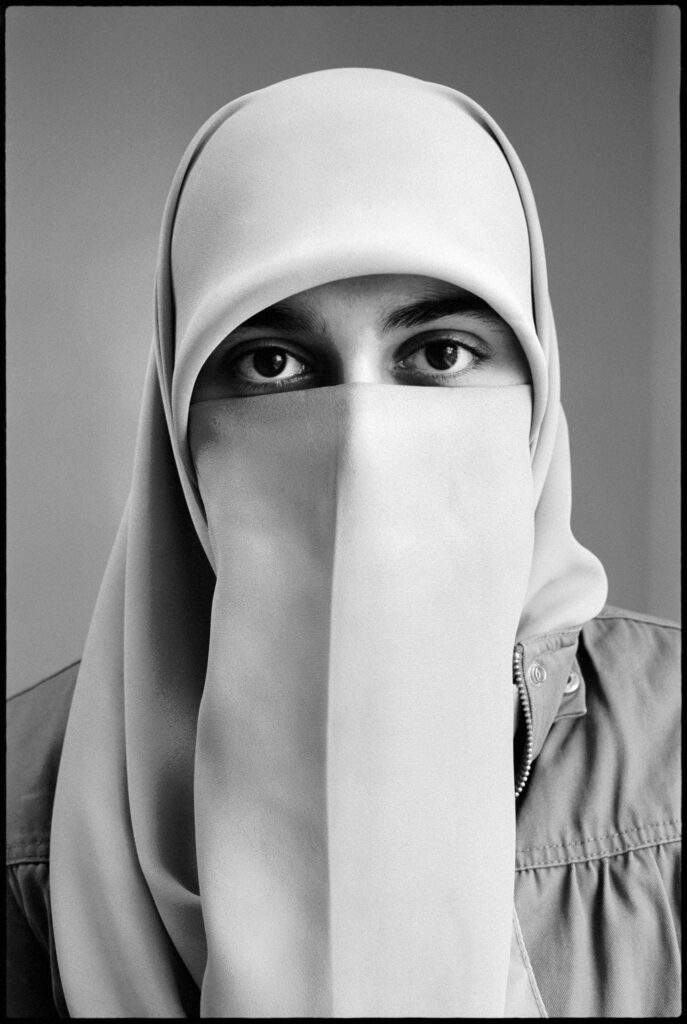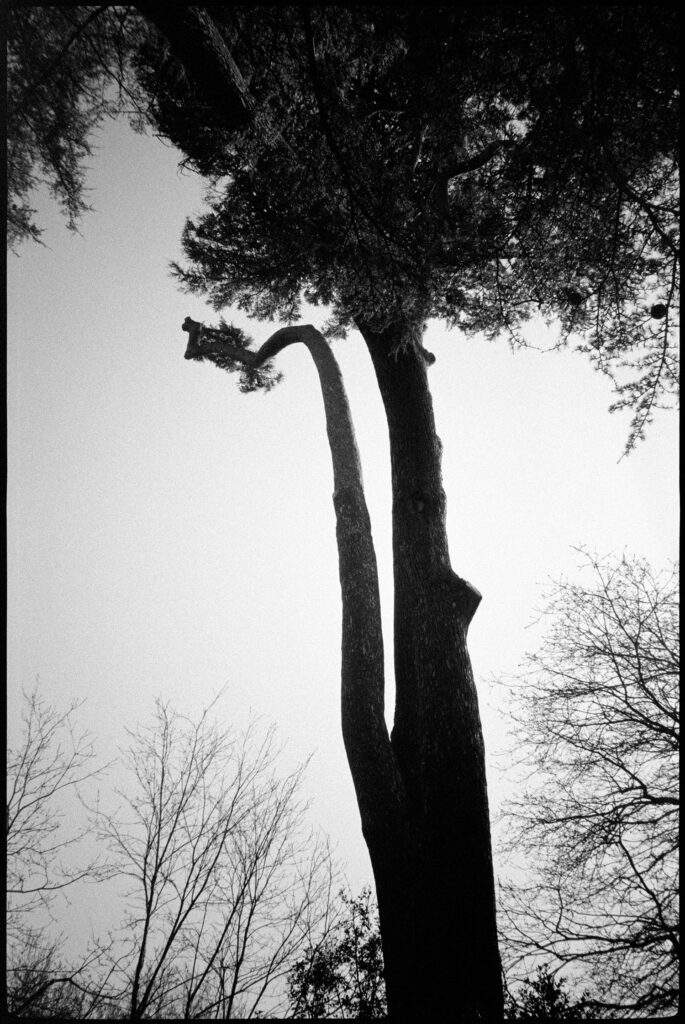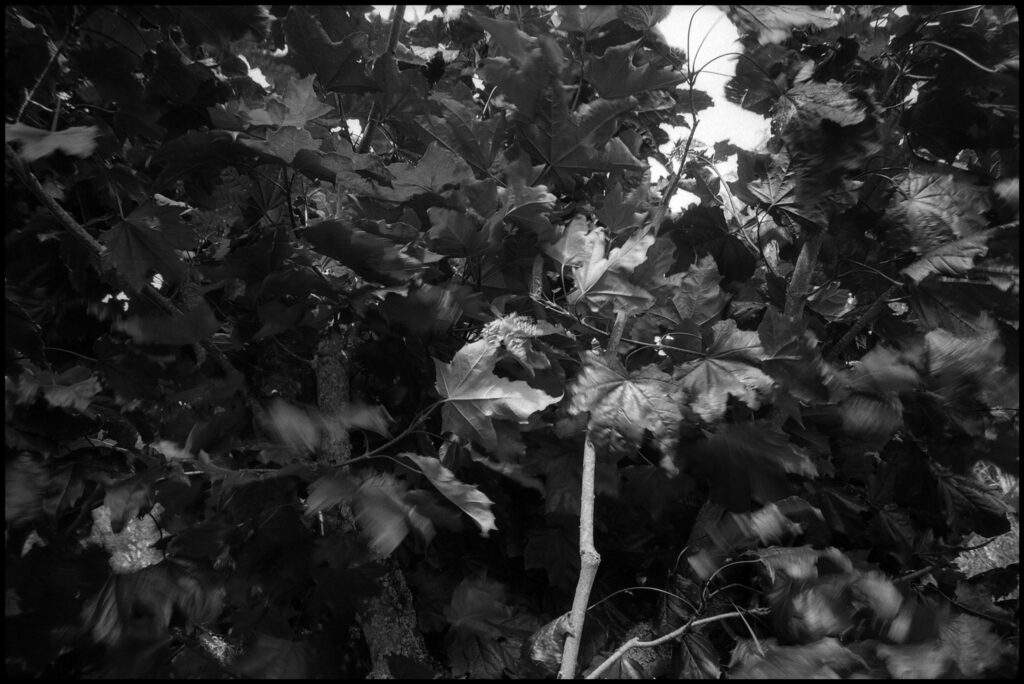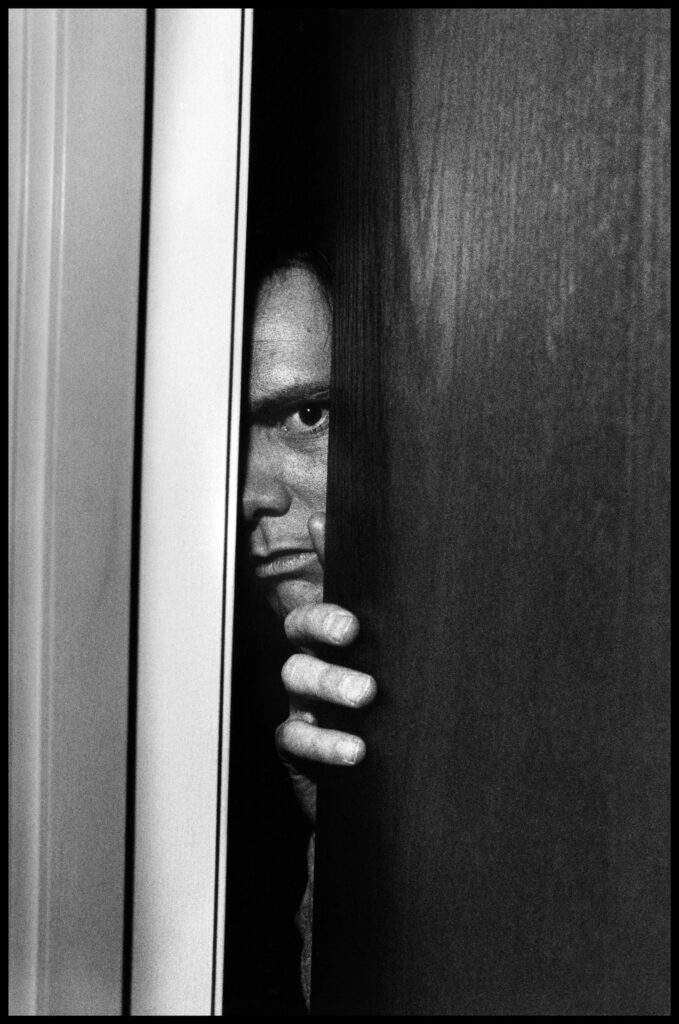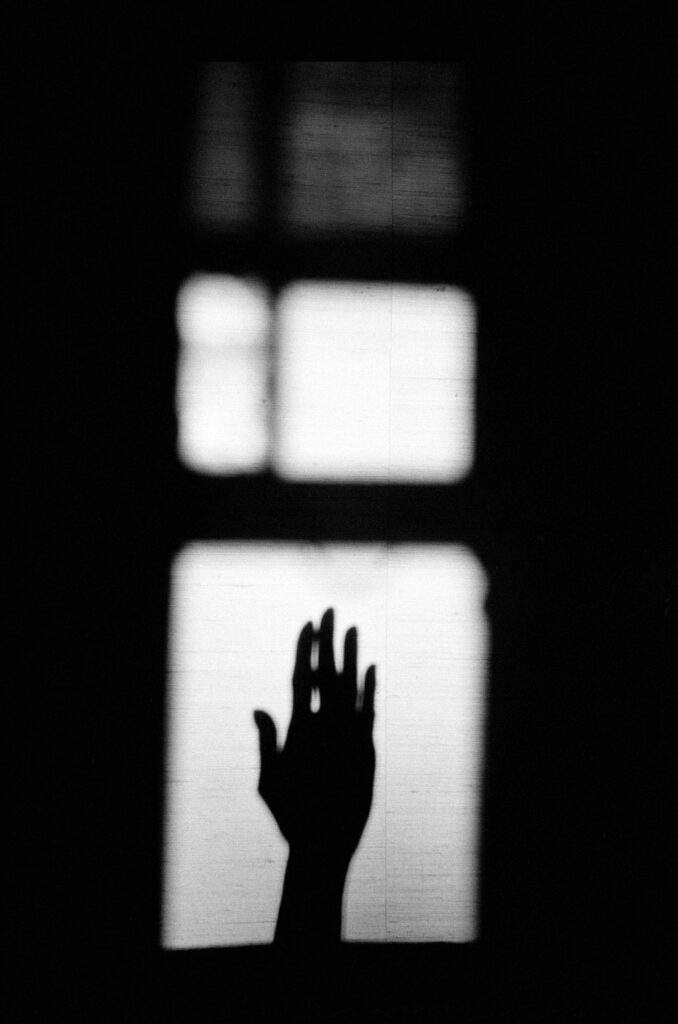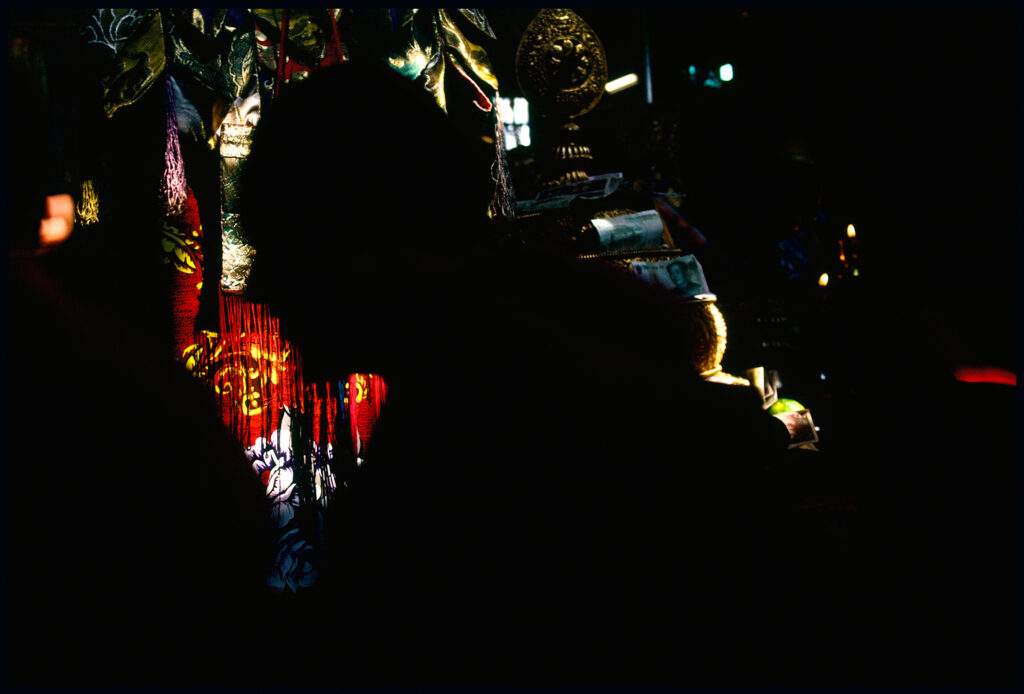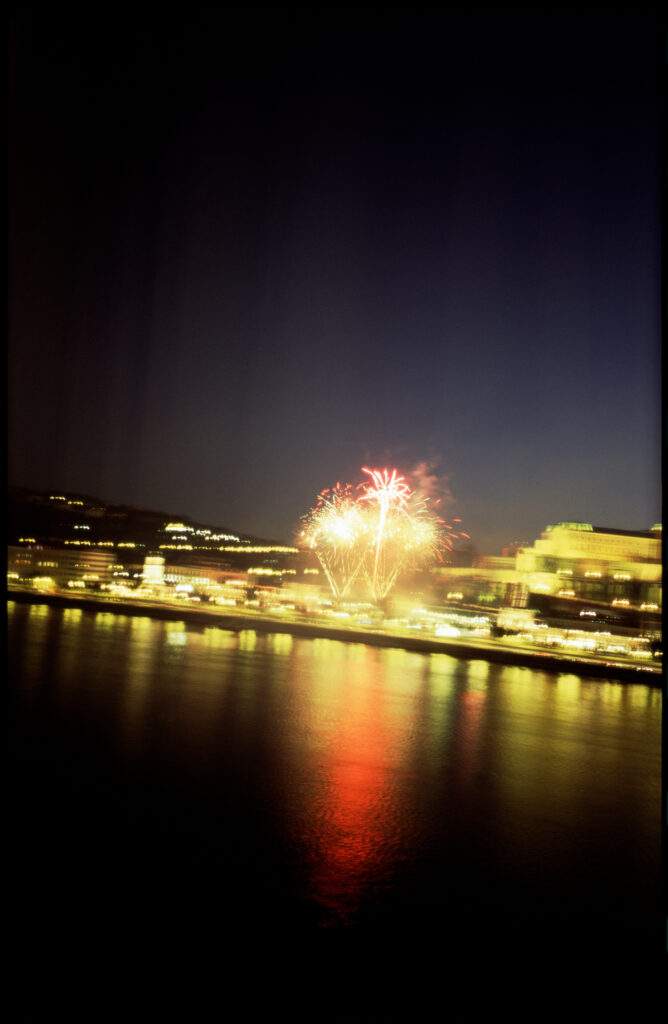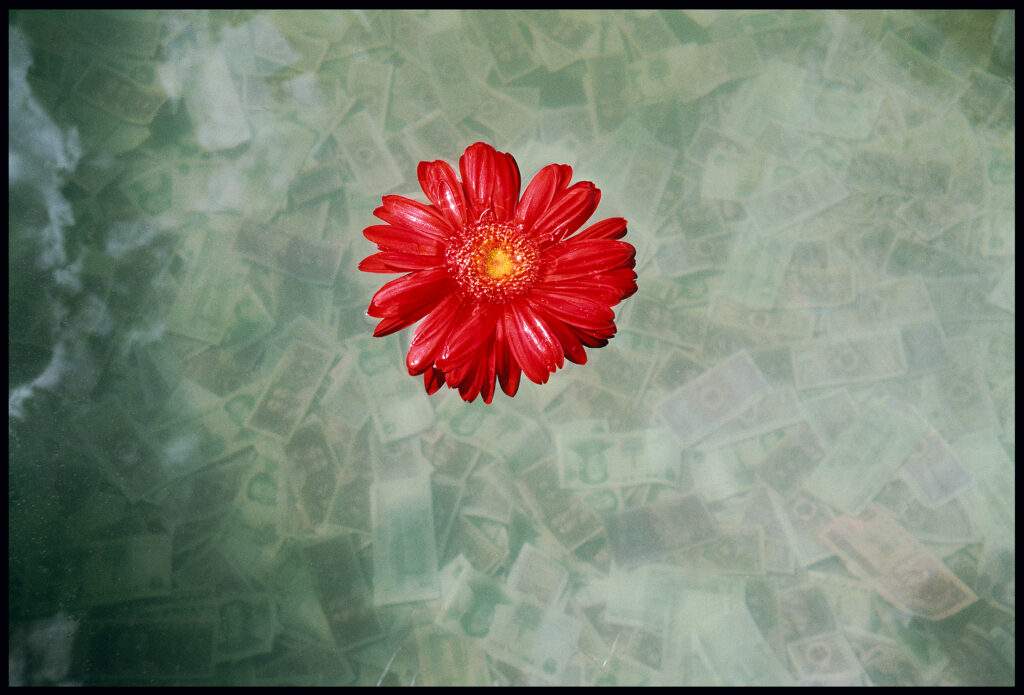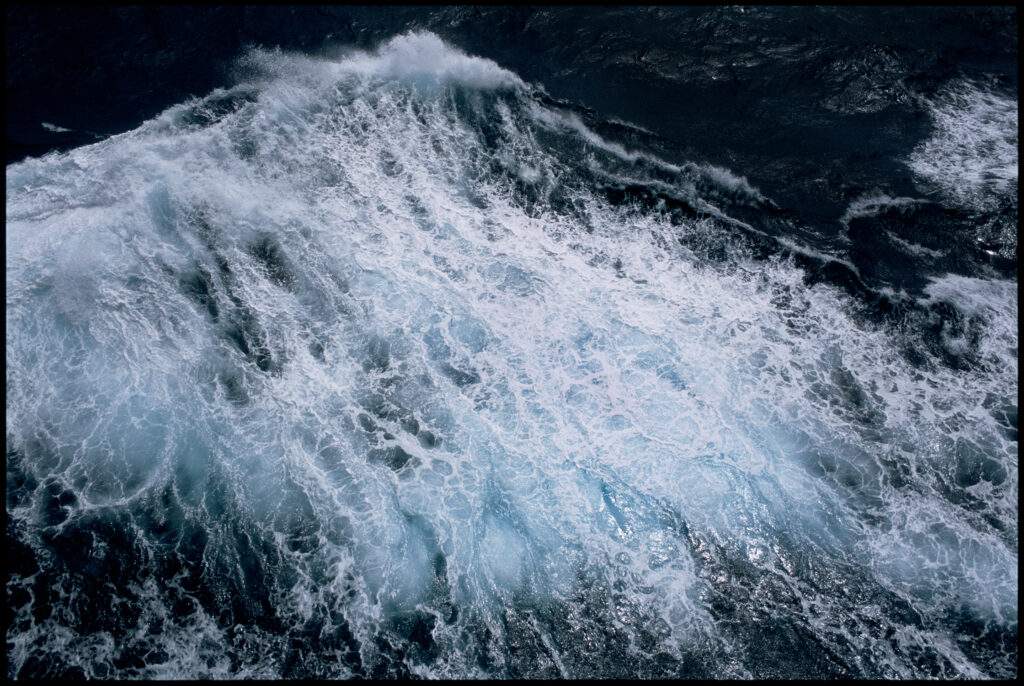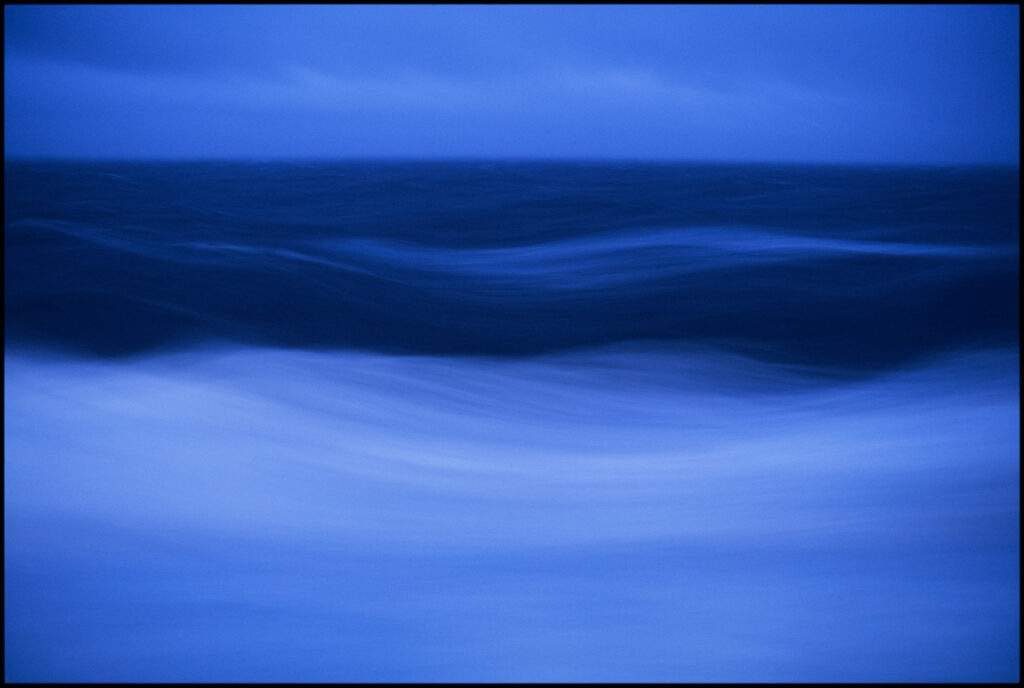Marissa Roth

About
Marissa Roth is a Pulitzer Prize-winning photojournalist, and documentary photographer, born and raised in Los Angeles. She was part of The Los Angeles Times staff that won the Prize for Best Spot News, for coverage of the 1992 Los Angeles riots. Her assignments for other prestigious publications, including The New York Times, have taken her around the world, where she photographed stories encompassing social, political, and cultural subjects.
To date, Roth’ s global documentary project, One Person Crying: Women and War, spans 38-years of her photography addressing how women have been directly impacted by war and conflict. An exhibition of this work debuted at
The Museum of Tolerance/Simon Wiesenthal Center in Los Angeles in 2012 and has been showcased internationally as a traveling exhibition. A book is forthcoming.
Her published books include Infinite Light: A Photographic Meditation on Tibet, with a foreword by His Holiness the Dalai Lama; Burning Heart: A Portrait of The Philippines; and The Crossing, a poetic photographic study of the Atlantic Ocean.
Witness to Truth, a portrait series of Holocaust survivors commissioned by The Museum of Tolerance/Simon Wiesenthal Center in Los Angeles, spans 15 years of her work and contains 110 photographs that are on permanent exhibition at the museum.
Roth’s work has been widely exhibited and is held in both public and private collections. In addition, she is a curator, lecturer, and teacher and continues to work on her personal projects as a photographer.
Roth is a Fellow of the Royal Geographical Society in London and the Royal Photographic Society in England. She was granted a Global Talent visa by Arts Council England and resides in London.
Scheduled to Teach
Gallery
LACP Interviews Marissa Roth
LACP asks Marissa Roth ten questions about their background, career in and beliefs about photography.
Los Angeles Center of Photography: What kind of photographer are you?
Marissa Roth: I am a Photojournalist and Documentary Photographer.
LACP: How long have you been photographing?
MR: Professionally, 40 years. But if you include when I stared shooting with my Mom’s Kodak Instamatic camera when I was 12 years-old, then it’s a really long time! I was also a staff photographer on my college newspaper, the UCLA Daily Bruin – those years are not included in the year tally above.
LACP: Where did you get your training?
MR: I am pretty much self taught. I took a few classes in high school, including darkroom, and then after college I took a number of workshops through The Friends of Photography in Carmel. I learned a lot on the job, especially when I was working for the L.A. Times.
LACP: When did you know you wanted to devote your life to photography?
MR: Right after college. I came of age in the 1960’s and 70’s and was aware of the Vietnam War and all of the assassinations and social unrest in America. Photographs from these events arrived at my parents home with the newspaper, magazines and television, and I was captivated by the imagery. What I realized later, was that the photography I saw then, inspired me to become a photojournalist and activated me to become involved in social and political change and the documentation of history.
LACP: Did you ever come close to giving up?
MR: In the darker moments, which were usually transitions from one career chapter to the next, or at the conclusion of a big project, I considered doing other things, but always came back to photography. I’m still passionate about it. There is no other feeling like those rare transcendent moments when everything comes together in a photographic instant … circumstance, intellect, eye and heart. My on-going extensive project on women who survived war has given my life deep meaning and purpose, and also keeps me engaged photographically while telling wrenching and relevant stories.
LACP: Have you sacrificed anything by being a photographer?
MR: I find that a difficult question to answer. I’m sure that some people perceive my life as having sacrifices, but my journey as a photographer has been extraordinary and unexpected. I’ve been around the world, met incredible people, was challenged intellectually and emotionally and was a witness to many historical events. I know I’m an adventurer at heart and that my lifestyle is not for everyone, and that even with any sacrifices, which include financial, it has been and continues to be worth it.
LACP: What have you gained by being a photographer?
MR: Photography has been the centerpiece of my life for as long as I can remember. It has gotten me through tough personal times, and has offered so many cultural, social and political experiences that I wouldn’t otherwise have had. My arc of experience being a photographer has encompassed everything from the Academy Awards red carpet to Afghan women refugees in Pakistan. At times it’s been fun, challenging, heart-breaking, exhausting and infuriating. But it’s always been rewarding and an extraordinary means for creative expression.
LACP: What classes do you teach at LACP?
MR: “Documentary Photography for Social Change”; “In the Footsteps of Walker Evans: Doing Documentary Work”; “Freedom of Spirit: Street Shooting Class”; “The Long-Term Documentary Project.”
LACP: What do you love most about teaching?
MR: There are many things that I love about teaching, but interacting with the students probably tops my list. I find that I learn from my students as well as offer instruction to them. I enjoy doing the research preparing for a new class, but also love being out on a street shooting session with students. The most rewarding part is seeing the growth in the student’s work, watching their creative process take shape and then seeing the end results whether it’s a well realized photo essay or the beginnings of a meaningful documentary project.
LACP: What advice would you give someone who is thinking about making a career in photography?
MR: Firstly, I would say, you really have to want to be a photographer in your guts and soul. It’s not an intellectual journey. It’s a physical and instinctual journey and one that will stretch you into directions you didn’t even know you had. It won’t come easily or instantly. Being a photographer and having a career is about life and time. The experiences, both technical and creative, accumulate and evolve over the years. It’s an interesting, exciting journey as long as you don’t expect a predictable straight-line career path. My simple advice is, be tenacious and work hard no matter what you do, if it’s a career in photography or something else.
